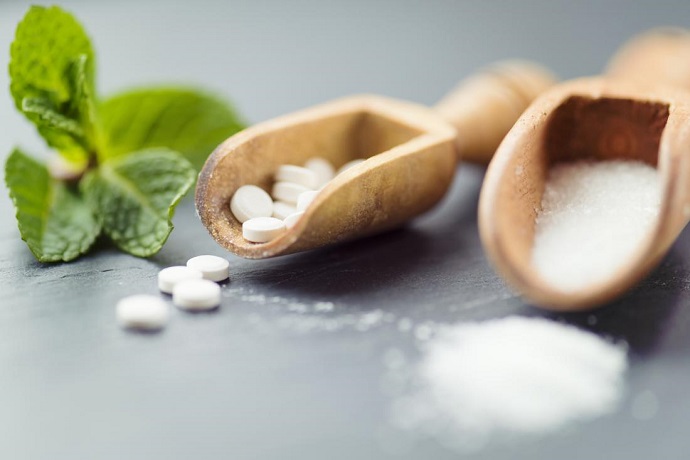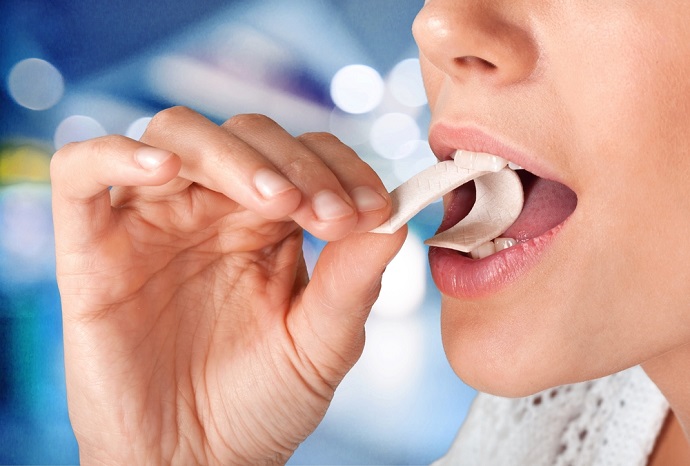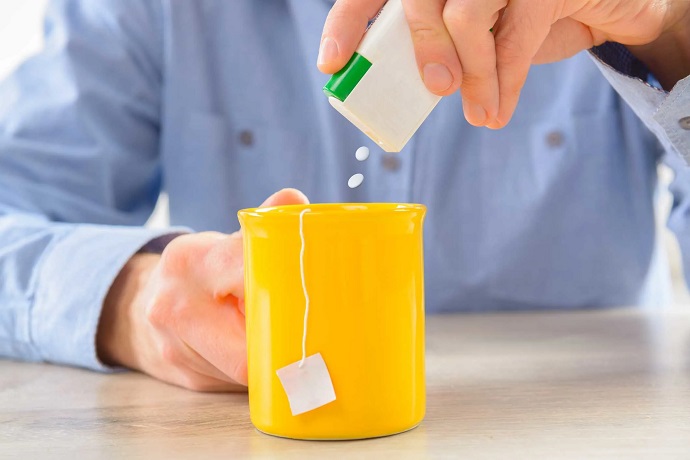Whether you’re an athlete, an office worker, a parent, a student, or any type of individual really, you’ve probably heard that white sugar isn’t all that good for you. Without even needing to do any research, it has been brought to our attention all the harm it can bring to our overall health. You might think to yourself, “I’ll be fine, it’s just a bit of sugar”, even though you might not notice it now, the damage will come up in a couple of years. According to scientists, excess sugar consumption is thought to be one of the main causes of obesity and can eventually lead to a variety of diseases like diabetes, arthritis and high blood pressure.
Unfortunately, humans are creatures of habit and it’s hard and next to impossible to kick a sugar addiction. But worry not. To form a purposeful diet, instead of completely cutting off sugar, finding a healthy alternative could be the answer you’re looking for.
When searching for alternatives, both artificial and natural sweeteners come up. Now don’t get them mixed up. Research shows that many artificial sweeteners include potentially toxic substances that have been linked to health problems. So, by choosing natural sweeteners like Stevia, Erythritol, and Xylitol, you’ll be able to satisfy your sweet tooth in a healthy and scientifically proven safe way. Although their names might seem a bit intimidating at first, sounding like complicated chemicals, they really aren’t. For example, let’s talk about Xylitol.
What Is Xylitol?

bove all, Xylitol is a naturally produced substance that can be found in many fibrous fruits and vegetables, but corncobs and birch trees are the main sources used in manufacturing it. As one of the natural sugar substitutes offered on the market, Xylitol has many benefits. In contrast to normal table sugar, it has 40% fewer calories, which makes it suitable for people watching their calorie intake. It has the same form, texture, and taste as sugar, without doing any harm to your body while at the same time, healing it.
You can also use it in baking and cooking, as well as in your morning coffee, tea, or preferred beverage. You should only avoid using it with yeast because Xylitol has anti-fungal properties and it will make your yeast not rise.
How Safe Is It?
After long-term clinical investigations and studies on its safety, Xylenol has received validation in over 50 countries and by all major authorities worldwide. Some of them being the U.S. Food and Drug Administration and the Food Standards Australia & New Zealand. While consuming it moderately has been proven safe, excessive amounts of Xylitol can sometimes have laxative effects.
Xylitol Helps Control Your Weight

In this day and age, with our lives being fast-paced and everyone turning to fast food as a convenient solution, our sugar intake has been exceedingly increased. With obesity reaching global levels, switching to healthy sweeteners could help us eliminate excess calories coming from sugar. As we mentioned above, Xylitol and most other natural sweeteners are way lower in calories than regular white sugar.
Products with added sugars are generally empty calories, meaning you get very little to no nutrients and a lot of calories. While natural sweeteners are packed with nutrients, they are also sweeter so you normally consume less. It’s been proven that they have lower GI (Glycemic Index) levels which means they don’t cause blood sugar spikes and keep you full for longer because of their slower digestion time.
Xylitol Is Good for Your Teeth

Cavity-Busting
There are many dental products such as toothpaste that are based on Xylitol. But how does Xylitol prevent cavities? As we mentioned above, Xylitol is a natural substance. It’s a sugar-alcohol which means it doesn’t break down in our mouth the same way as sugar does. Sugar converts to acid causing tooth decay, while Xylitol doesn’t.
Apart from that, the bacteria living in your mouth and on your teeth that love and feed on sugar, when faced with Xylitol, get tricked into thinking they’re being given sugar. Which results in it entering their cells through an uptake mechanism that transforms them into a useless molecule. This gradually clogs up their digestive system resulting in them being unable to produce the acid that causes tooth decay and cavities.
Over time, with consistent usage of Xylitol products, more and more bacteria die off and without the acid eating at your enamel, your oral health is improved.
Strengthening Your Enamel
Studies have shown that besides killing bacteria and preventing tooth decay, Xylitol can also improve your overall enamel health. With increasing the PH level in your saliva, Xylitol helps create a comfortable environment in your mouth. Which results in calcium and phosphate activation in restoring damaged enamel. With time your teeth’ protective layers build up and become stronger.
How Natural Sugar Substitutes Make Living With Diabetes Easier

Diabetes is a condition that disrupts how your body absorbs sugar. This sugar, also known as glucose, is what your body uses as fuel. It supplies your muscles and brain with energy for your daily life. If your glycose is not managed properly, your sugar levels might rise too high, causing you to have hyperglycemia, or fall too low causing hypoglycemia. Since controlling your sugar levels is crucial with this condition, these alternatives are a great helping hand to diabetics. Incorporating natural sugar substitutes such as Xylitol can allow them to enjoy sweet foods and drinks without risking spiking their blood sugar levels.
To Sum Up
Taking all these things into consideration, regardless of your reason behind wanting to decrease or completely eliminate sugar from your consumption, everyone should give natural sugar alternatives like Xylitol a try. Food is our biggest medicine, what you consume will affect your health either short-term or long-term. With the advanced technology and the demand for healthy foods that’s been increasing every year, it’s easier than ever to get your hands on what’s best for keeping your body and mind healthy.



















